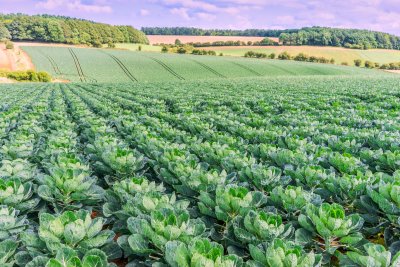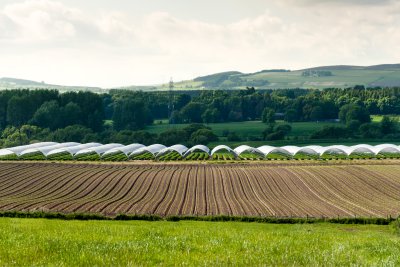Palm oil plantations have expanded greatly in tropical regions in recent decades. This large-scale land-use change has had great ecological, economic and social impacts, but research on these impacts has been patchy.
A new study, published in Biological Reviews, attempts to quantify the impacts, based on a systematic review of the available literature. It identifies 14 functions of forest ecologies (such as providing genetic or medicinal resources), which it describes as 'ecosystem functions'. It then assesses the impacts of conversion to oil palm on these 14 functions.
It finds that in 11 out of 14 categories, there is a net decrease in ecosystem function. For some functions, there are decreases with potentially irreversible global impacts (e.g. reductions in greenhouse gas and climate regulation, genetic resources, medicinal resources and information functions). Not surprisingly, the only ecosystem function which increases after oil palm conversion is the production of marketable goods.
The most serious impacts occur when forest is cleared to establish new plantations, and immediately afterwards, especially on peaty soils. There are, however, ways in which the losses can be mitigated, for example by avoiding land clearing by fire, avoiding the draining of peat, use of integrated pest management, and use of cover crops, mulch, and compost.
Read the full report here. Find out more about Sustain's policies for a greener, fairer food system here.
Sustain: Sustain The alliance for better food and farming advocates food and agriculture policies and practices that enhance the health and welfare of people and animals, improve the working and living environment, enrich society and culture and promote equity.








